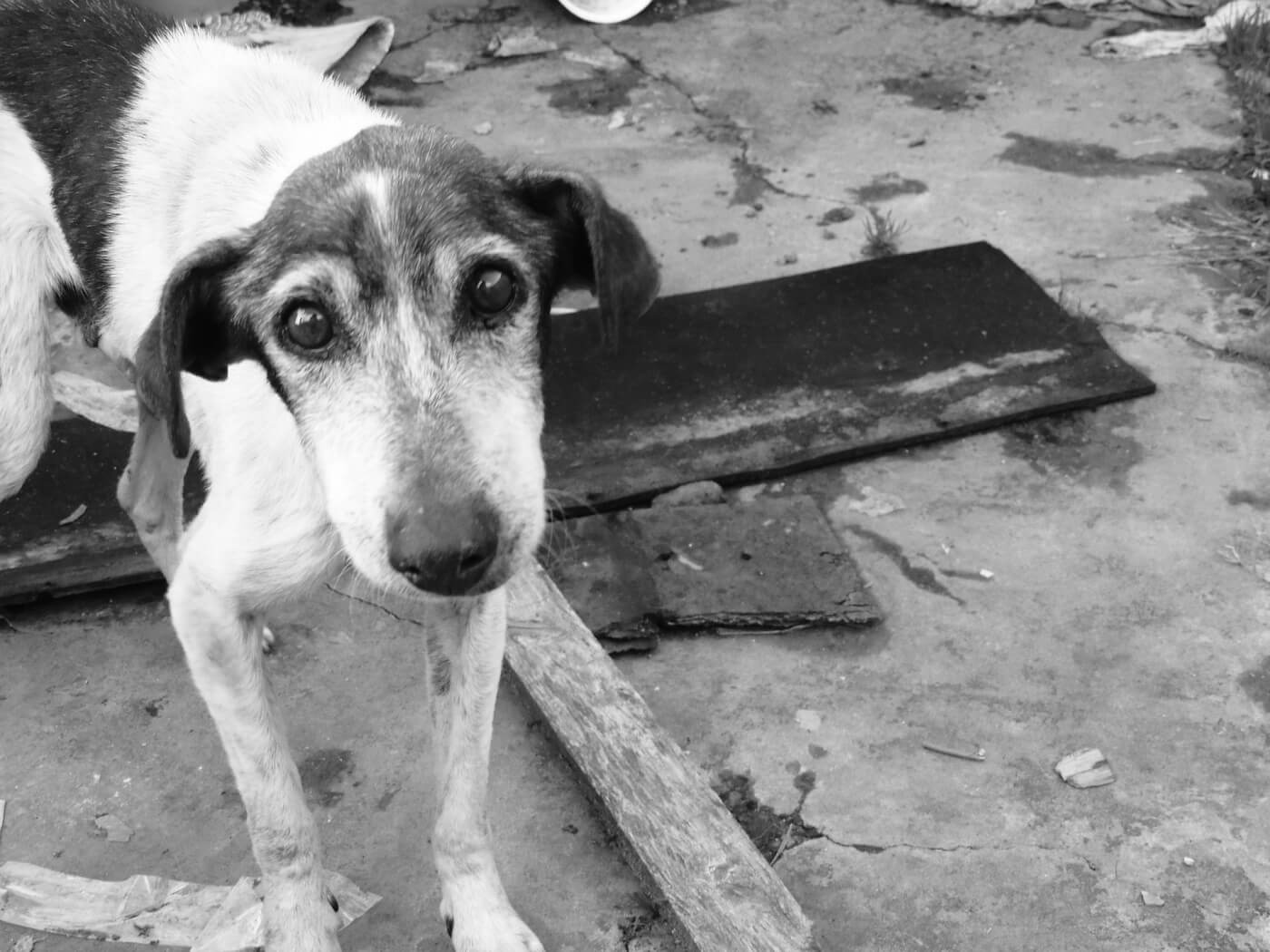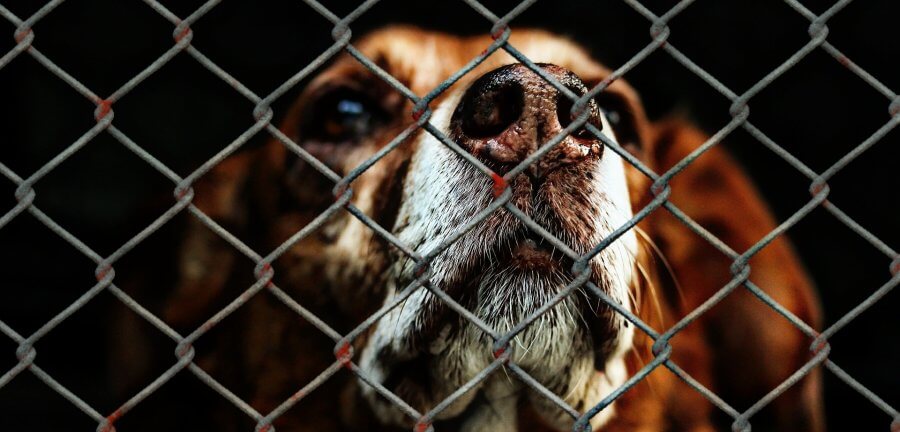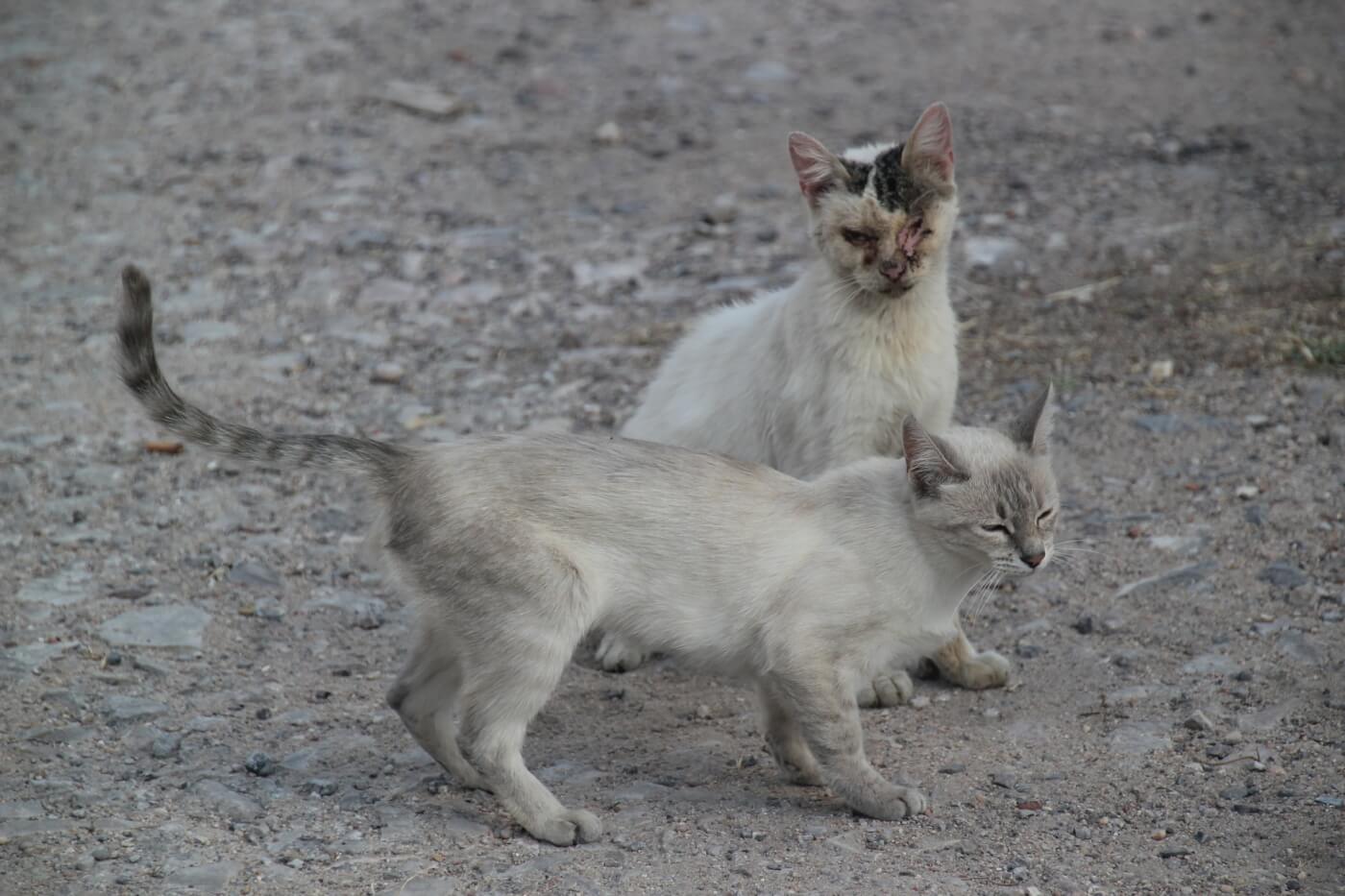By Teresa Chagrin
It should have been a happy ending, but it turned into a horror story: The Hillsborough County Pet Resource Center (PRC) adopted out an 8-year-old dog named Theo, instructing his new owner to take him to a veterinarian within 72 hours. But that never happened, and PRC never followed up. The tiny dog arrived at a different shelter just four months later—emaciated, blind and covered with thousands of fleas. Blood loss from flea bites had left him severely anemic, and because he hadn’t been given drops for his eye condition, his corneas had become ulcerated and scarred. He couldn’t shut his eyes or even walk, and he was nearly dead.
Theo’s case is not an isolated one. As shelters in Florida and nationwide face increasing pressure to end euthanasia at any cost, many are taking reckless measures to improve their “save rates.” They aren’t adequately screening and following up with adopters—instead they’re handing animals over to anyone who will take them (including hoarders posing as “rescues”). They’re also abandoning cats on the streets, refusing to accept stray and surrendered animals, requiring that people pay fees or get on long waiting lists in order to turn in animals, and more. These tactics may make their statistics look appealing, but they leave animals who desperately need help in grave danger.

In April, for example, nearly 30 dogs were removed from deplorable conditions inside the home of a so-called “rescuer” in St. Petersburg who reportedly took in dogs from shelters all over the state. And earlier this month, more than 320 cats—many of them ill, emaciated and flea-infested—were seized from a self-professed “rescue” in Plant City.
The owner of a pit bull “rescue” in Port St. Lucie was arrested in December and charged with cruelty after authorities removed five emaciated dogs from a home that was filled with trash, feces and insects. The dogs, who had apparently been abandoned for nearly a month, had tried to escape by chewing through the walls . Shelters that don’t thoroughly vet all “rescues” or conduct regular, unannounced follow-up visits are to blame when animals end up in these nightmarish situations.
Dumping sterilized cats on the street is another common practice engaged in by animal shelters in order to avoid euthanasia. This leaves them to fight daily battles against parasites, deadly contagious diseases, extreme weather, speeding cars, predators, cruel people who won’t tolerate seeing cats use their gardens as litterboxes, and more—and these are battles that they will inevitably lose.
To cite just one example, residents in a Sharpes community who were frustrated by the presence of a colony of three dozen felines admitted to kicking them and setting out antifreeze to poison them. A concerned resident reportedly contacted the county’s animal shelter representative about the situation but received no response.
Animals who are rejected by shelters don’t just disappear—they die slowly and painfully, often out of sight. In Duval County, animals have been thrown from vehicles, abandoned in parks and dumped inside vacant houses—abuses that some people attribute to the restrictive policies that Jacksonville’s Animal Care and Protective Services implemented in order to achieve “no-kill” status. The facility has only 16 intake hours a week and requires that people make appointments—sometimes weeks in advance—to surrender animals. Many people are unwilling or unable to wait that long to turn in animals. And when shelters won’t help, animals pay the price.
Every caring person wants to end the need to euthanize animals for lack of homes, but the most effective way for communities to achieve this is to become no birth. Passing spay-and-neuter requirements, outlawing the unregulated breeding and sale of animals and requiring that citizens care for their animals humanely and responsibly are the areas on which shelters and citizens should focus their efforts.
Teresa Chagrin is the animal care and control issues manager in the Cruelty Investigations Department at People for the Ethical Treatment of Animals (PETA).






